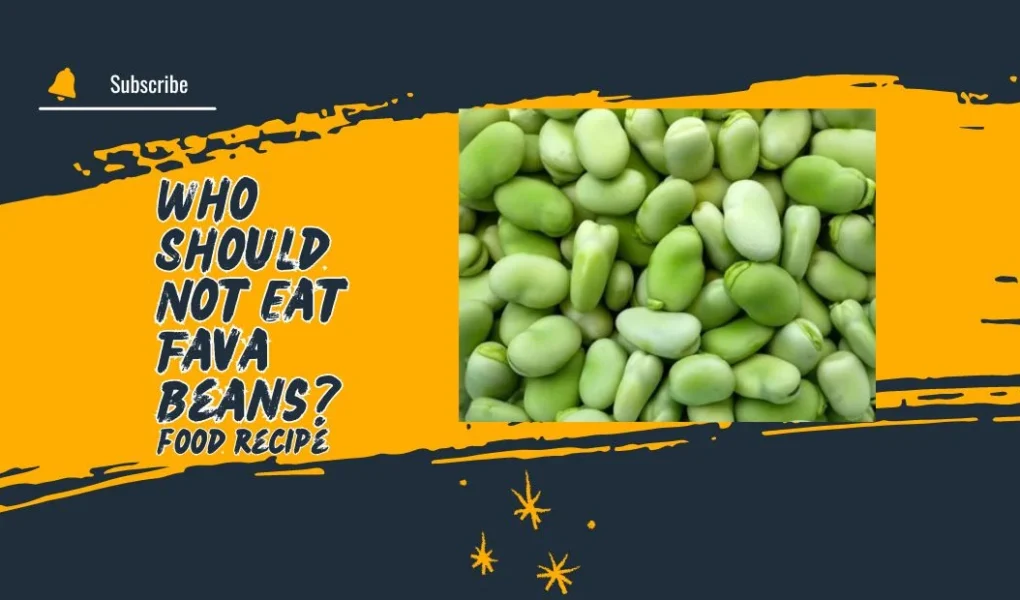Introduction
Fava beans, known scientifically as Vicia faba, are a staple in many cuisines worldwide. However, there are specific groups of people who should avoid consuming fava beans due to potential health risks, particularly related to glucose-6-phosphate dehydrogenase (G6PD) deficiency. This condition affects the enzyme responsible for protecting red blood cells from damage, making certain individuals susceptible to severe reactions when exposed to substances found in fava beans..

What is G6PD Deficiency?
G6PD deficiency is a genetic condition inherited from birth.Individuals with this deficiency lack sufficient levels of the G6PD enzyme, which helps red blood cells function normally and protects them from oxidative stress. G6PD deficiency is most prevalent in populations of African, Mediterranean, Middle Eastern, and Asian descent.
Risks Associated with Fava Beans
Fava beans contain compounds called vicine and convicine. In individuals with G6PD deficiency, these compounds can metabolize into substances like divicine and isouramil. These byproducts act as powerful oxidizing agents that disrupt red blood cells, leading to hemolysis (rapid breakdown of red blood cells). This can cause symptoms such as anemia, jaundice (yellowing of the skin), and in severe cases, kidney failure.
Cases and Consequences
Numerous cases have been documented where infants, particularly those breastfed by mothers with G6PD deficiency, experienced severe reactions after maternal consumption of fava beans. Symptoms in affected infants include pale skin, dark urine, and in extreme cases, renal cortical necrosis, which can be fatal.
Recommendations
It is crucial for individuals with G6PD deficiency and their families to avoid fava beans and products containing them. This precaution helps prevent hemolytic crises and related complications. While other legumes generally do not pose the same risk, it is advisable for those with G6PD deficiency to consult with healthcare providers for personalized dietary recommendations.

Conclusion
In summary, fava beans should be avoided by individuals with G6PD deficiency to prevent potentially life-threatening complications. Awareness of one’s genetic predisposition and adherence to dietary restrictions are key to managing this condition effectively. By understanding who should not eat fava beans, we can ensure better health outcomes for vulnerable individuals




